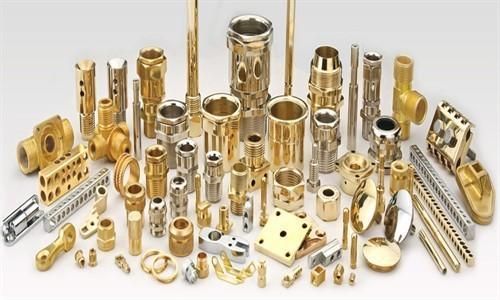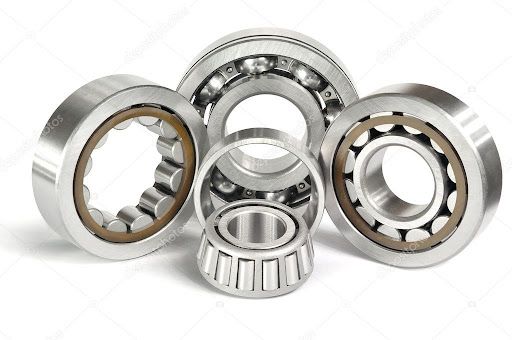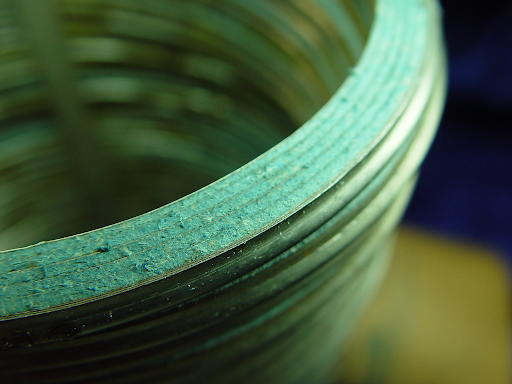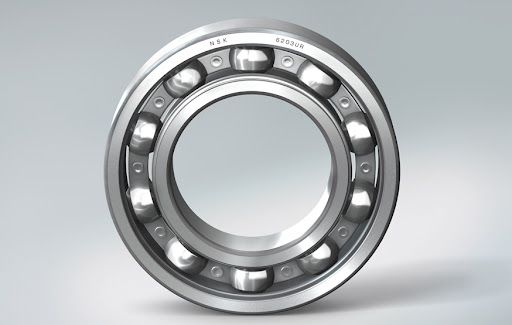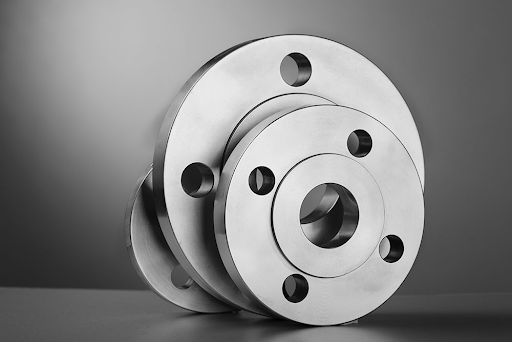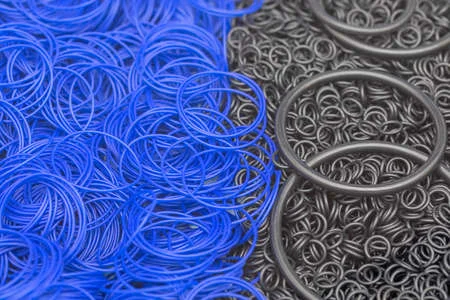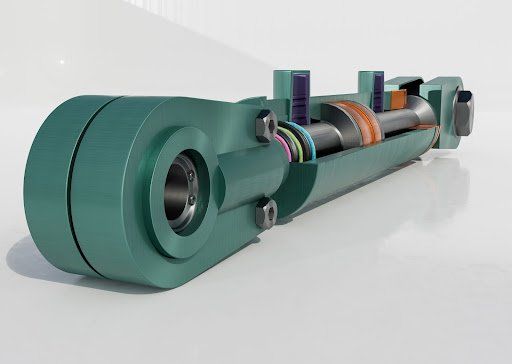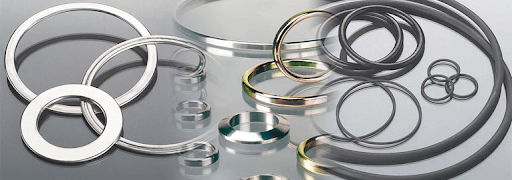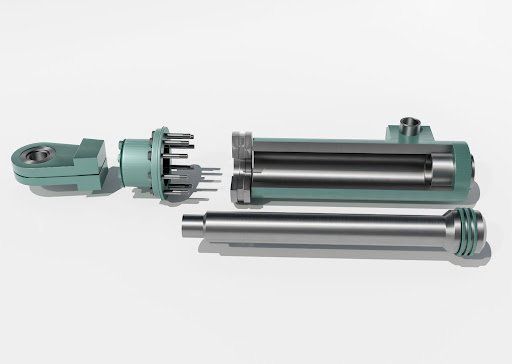A Move Towards Eco-Friendly Bearings
A Move Towards Eco-Friendly Bearings
In the past few decades, there has been a global shift towards greener, more eco-friendly business models. The growing amount of scientific evidence proves that industrialised nations are having a negative impact on the future health of our planet. This has put a fair amount of pressure on industrial companies to find cleaner solutions for their production methods.
For the bearing industry, it doesn’t need to be a case of ‘reinventing the wheel’, but rather, re-designing the crucial elements that a bearing requires to function.
Water-Based Lubricants
Oil is the most common type of bearing lubricant and quite obviously, the most damaging to the environment. While there is always a great effort to keep these mineral oil-based lubricants from becoming environmental contaminants, the manufacture, application and disposal of these products is still a problem and large quantities inevitably end up in the eco-system.
To solve this problem, manufacturers are working on producing more efficient water-lubricated bearings. Mixing ionic liquids such as fluid salts into water, creates a galvanically generated protective layer for the bearing, allowing the shaft to glide just as it would with traditional oil lubricants. The ion-water is far more environmentally friendly, even reducing the energy consumption of the operation compared to its oil-based counterparts. It also still prevents corrosion, despite being water-based!
Magnetic Bearings
Another leap towards greener operations has seen the development of ‘frictionless’ technology. Industrial machines create an enormous amount of friction which gives off an equal amount of heat. Less heat friction results in a cooler operating environment, reducing the amount of energy needed to regulate temperatures.
Magnetic bearings support moving parts without physical contact – basically levitating the parts! This means little to no friction, no mechanical wear, no need for lubricant and no maximum speed! The advantages are obvious, and the technology is continually advancing to make these kinds of efficient and environmentally friendly solutions available to everyone.
While there is still a long way to go, the growth and interest in ‘cleantech’ or green industrial solutions is noticeably increasing. Have you considered how to make your business more environmentally friendly? Chat to our team about the solutions that available to you and don’t get left behind!

